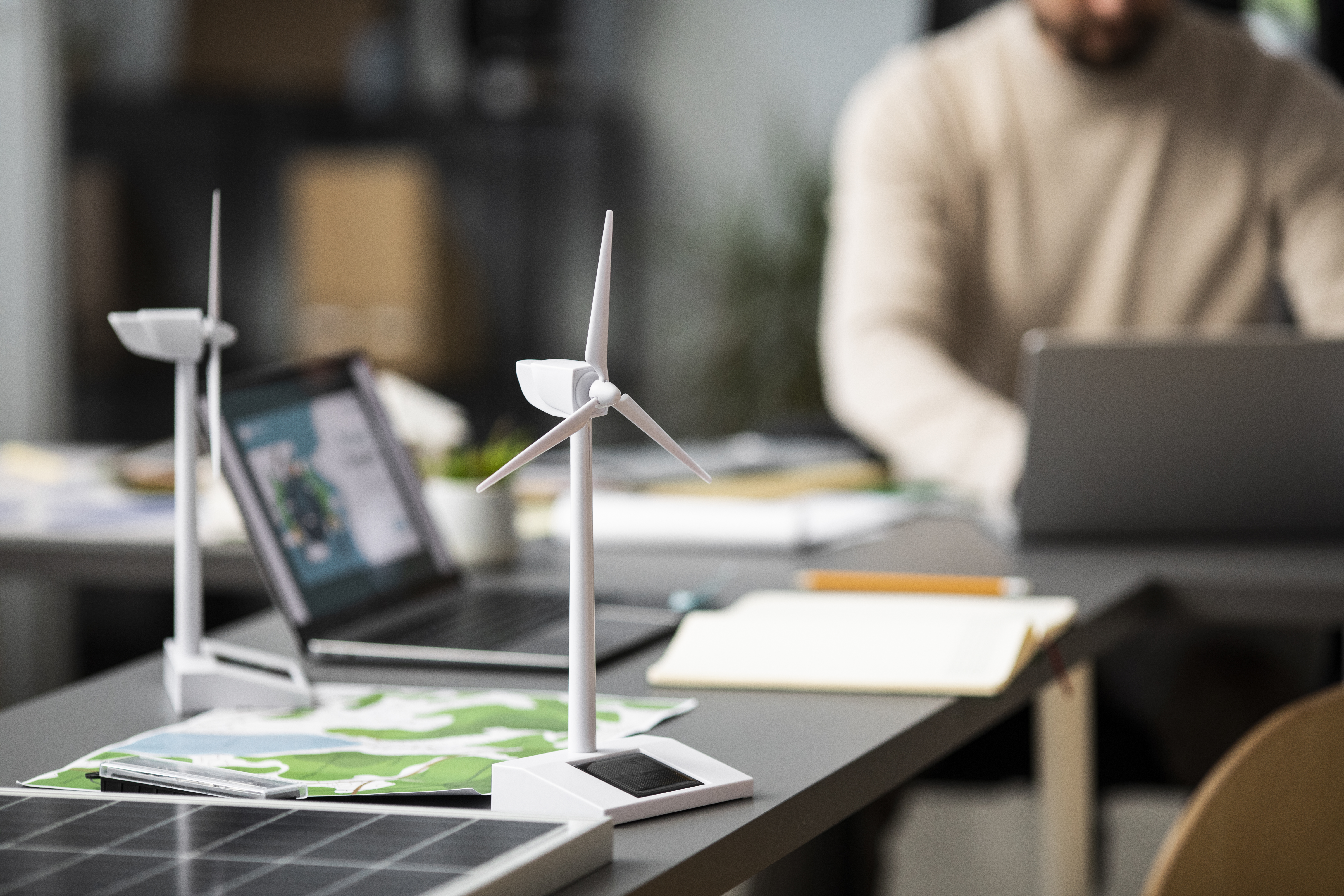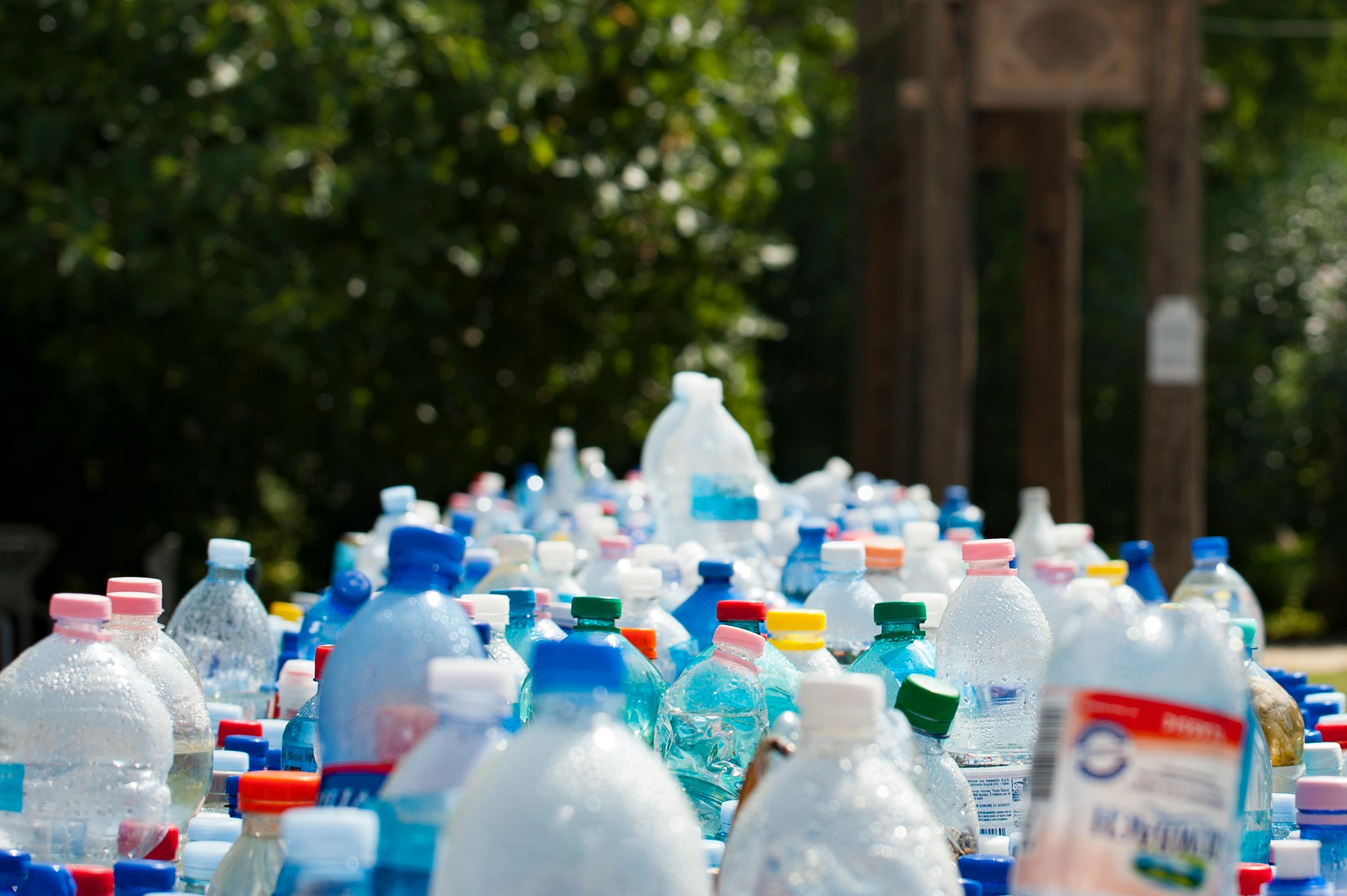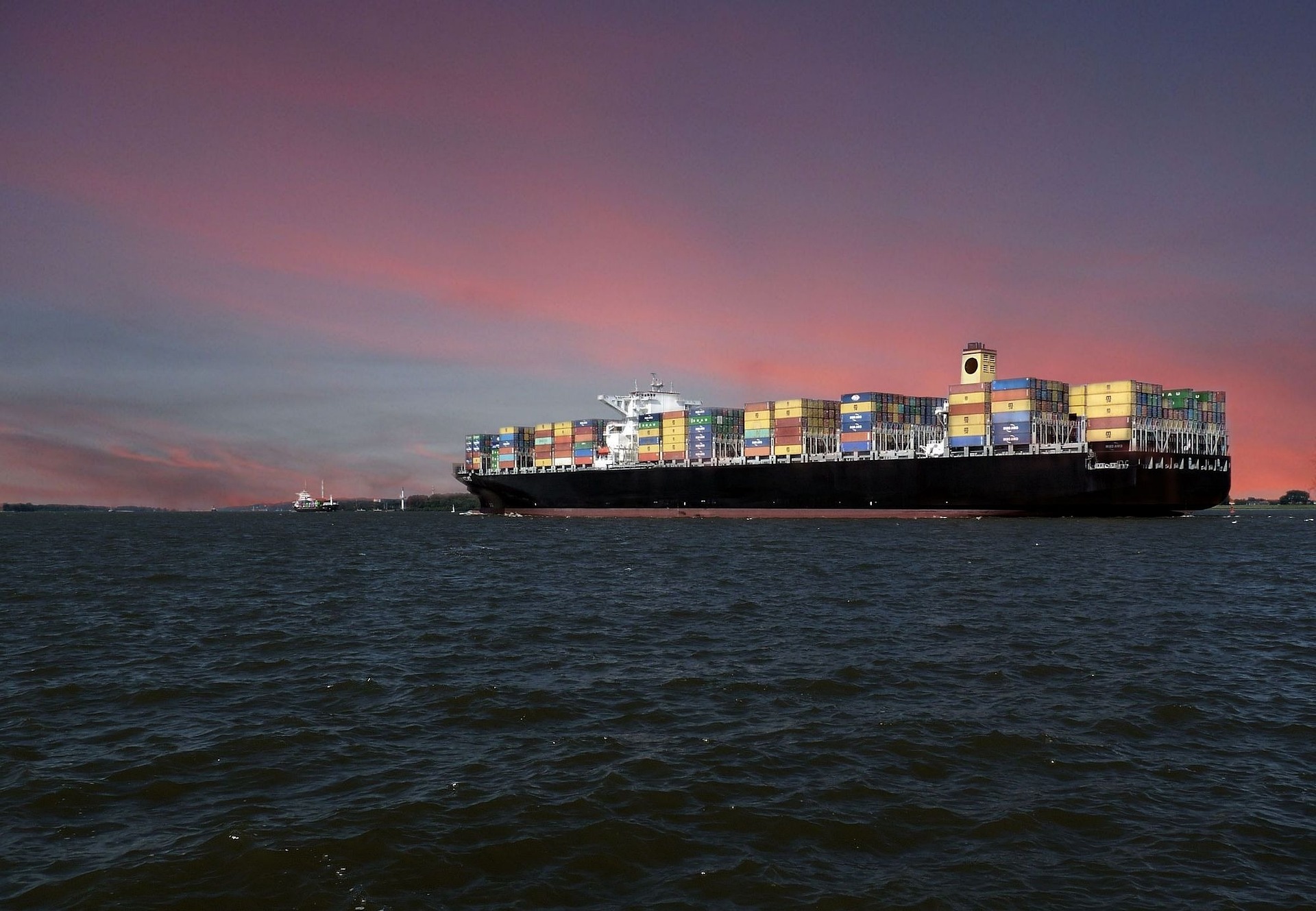Renovating the European Union energy system and reducing excessive dependency on Russian imports requires a commitment to saving, diversifying supplies, and the use of renewable sources.
The European Union is facing one of its biggest energy challenges in 2023. In a crisis context caused by the war in Ukraine, with price increases and limitations in supplies caused by the conflict, it is essential to make adjustments to the European Union’s energy system in order to solve some of its most pressing shortcomings. In particular, its heavy dependence on imports of gas, oil, and coal from Russia, a supply with few guarantees due to the current situation, and which leaves many member countries facing a complicated supply situation in the short term.
To solve these matters and mitigate the negative effects of the war on energy, the European Commission launched an ambitious contingency plan in May 2022 called REPowerEU. An agreement that includes different measures aimed at ensuring the supply of energy to all citizens, as well as starting the transition towards an energy system in Europe, not only more independent and stable, but also more sustainable.
REPowerEU Plan
The main aim of the plan is to reduce the reliance of states on Russian fossil fuels, such as oil, coal, and gas.
This agreement seeks to completely renovate the traditional energy system of the Union, incorporating reforms from the ground up and seeking to achieve a twofold objective. On the one hand, to no longer depend on supplies from Russia — currently at risk due to the sanctions imposed on the country — and on the other hand, to seize the moment to accelerate the transition to clean and sustainable energy. In this way, not only would it end Russian trade relations regarding fossil fuels, but it would also be essential to replace this supply with renewable energy alternatives that help to meet the climate-neutrality objectives set.
In order to achieve this twofold objective, it is important to bear in mind that not all member countries are in the same energy situation. It depends on their degree of dependence on Russia, their possibilities to access other energy options, or the interconnections and infrastructures they have in place for this purpose. Taking these factors into account, the measures proposed in the REPowerEU plan are always based on the principles of solidarity and equity among countries, favoring cooperation among them to avoid inequalities that may arise during the transition period.
Areas of action
The REPowerEU Plan is based on the Fit for 55 packet of measures presented in 2021, adapting them to the current energy situation and emphasizing decision-making on four basic pillars.
- Energy saving.
- Diversifying supplies.
- Replacement of fossil fuels with renewable energies.
- Intelligent combination of investments and reforms.
1. Energy saving
To ensure that REPowerEU is successful and that its benefits begin to be felt as quickly as possible, energy saving is one of the first measures to be promoted. Consuming less energy helps to stabilize the supply level and make more efficient use of it, but also favors the creation of national reserves with which to face the immediate future with some relief.
The proposals from the European Union in this field are focused on two modalities:
- Energy efficiency measures. This is the case of the VAT reduction for high efficiency air conditioning systems, both for heating and cooling, as well as the implementation of plans to promote and encourage the insulation of buildings.
- Behavioral changes in users. The European Commission and the International Energy Agency (IEA) have launched a nine-point plan called Playing my part to favor the reduction of consumption among citizens, with actions as simple as adjusting the heating thermostat or reducing your speed when driving.
Achieving these objectives requires an additional effort from states, in order to provide the population with all the necessary information on energy saving. It is necessary to facilitate access to the measures, ensure their implementation and, above all, raise awareness of the importance of making these small changes on a daily basis.
2. Diversifying supplies
Seeking alternative partners to replace Russian supplies is one of the most important areas in which the European Union is working. To facilitate these search and decision-making processes, a common voluntary purchase platform has been created that will help the European community to have greater presence in the international gas, LNG (Liquefied natural gas), and hydrogen markets.
The platform will allow the revision and extension of contracts with partners, the optimization of import infrastructures, the replenishing of reserves, bottlenecks to be dealt with, and cooperation to be focused.
In the future, the Commission will also study the option of creating a voluntary operational joint purchasing mechanism, which would be responsible for negotiating and contracting, on behalf of the participating member states. All of this, with the aim of containing prices and facilitating the use of alternatives to fossil fuels that are so important for the complete decarbonization of the planet.
3. Renewable energies to fight global warming
RepowerEU highlights renewable energies as the most suitable alternative available to achieve a more sustainable and stable European energy system. Their main advantage is that they come from primary sources, which unlike fossil fuels, have a zero or very low carbon footprint. That is why their use and expansion entails important benefits in the fight against climate change and the reduction of atmospheric emissions, in order to face global warming and guarantee an optimal climate future for generations to come.
From solar to geothermal to wind energy, the renewable supply offer is wide-ranging and has great potential for the future if properly promoted. In particular, it is worth highlighting the very important role of renewable hydrogen within this plan, as well as the commitment to other renewable gases such as biogas and biomethane.
As well as the infrastructures necessary for their generation, it is important to emphasize the reinforcement of supply and storage chains to make their deployment as cost-effective as possible, as well as to encourage reduction in the time it takes to issue permits for renewable projects and promote innovation in this field.
4. Intelligent investment
To achieve the objectives established in the REPowerEU plan, the European Commission has established a financing budget of 210 billion euros from its implementation in 2022 until 2027. An amount that must be invested optimally by the member states to ensure cost-effectiveness and the success of the measures. In order to access the economic resources that the EU has assigned each member state to manage each point of the plan nationally, the system has been made more flexible in order to speed up the necessary procedures.
In particular, in this point it must be taken into account that most of these projects are of long duration and require time to deliver results. That is the case with plans related to the implementation of cross-border connections and infrastructures among countries, vital to be able to build an integrated energy market. It is also important that part of the investments are aimed at the increase in the storage capacity of states to reduce foreign dependence, as well as the adaptation of the electrical grid to guarantee increased production in this area.
Implementation of the plan in Spain
Like the rest of the member states, our country has also set applying the measures of the REPowerEU plan and complying with the European Community's requirements as a target. Among the main national proposals, we can find within this agreement, the publication of a series of public subsidies aimed at promoting renewable energy and energy efficiency projects, both among ordinary citizens and companies, stands out. For example, with incentives for self-consumption installations or aid for the improvement of energy efficiency within the State Housing Plan 2022–2025. Different investments in clean energy with public and private collaboration are also being carried out, with a special emphasis on sectors such as renewable hydrogen.
Furthermore, in order to favor saving among consumers and to work on energy awareness, different advertising campaigns focused on raising awareness of the serious problem of wasting energy have been launched. An example is the campaign produced alongside the IDAE (Institute for the Diversification and Saving of Energy) under the concept “derrochólicos” [wasteful].
With the application of all these measures within the REPowerEU plan, Spain and the European Union are joining forces to face an essential structural transformation that guarantees their energy future. A more sustainable and cleaner future that will only be possible through cooperation, joint decision-making, and solidarity between all member countries.




